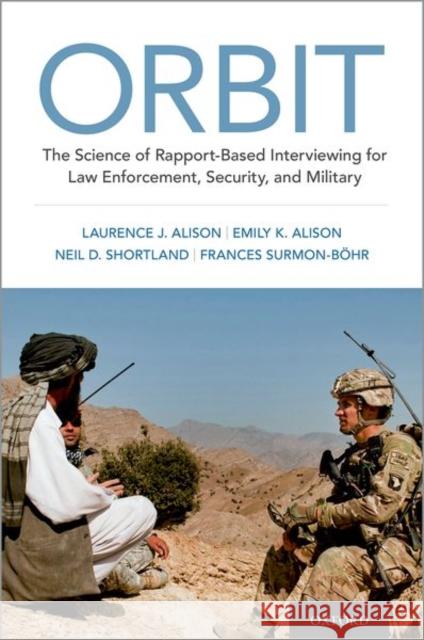Orbit: The Science of Rapport-Based Interviewing for Law Enforcement, Security, and Military » książka
topmenu
Orbit: The Science of Rapport-Based Interviewing for Law Enforcement, Security, and Military
ISBN-13: 9780197545959 / Angielski / Twarda / 2020 / 256 str.
Kategorie:
Kategorie BISAC:
Wydawca:
Oxford University Press, USA
Język:
Angielski
ISBN-13:
9780197545959
Rok wydania:
2020
Ilość stron:
256
Waga:
0.56 kg
Wymiary:
23.11 x 15.49 x 2.29
Oprawa:
Twarda
Wolumenów:
01
Dodatkowe informacje:
Bibliografia











